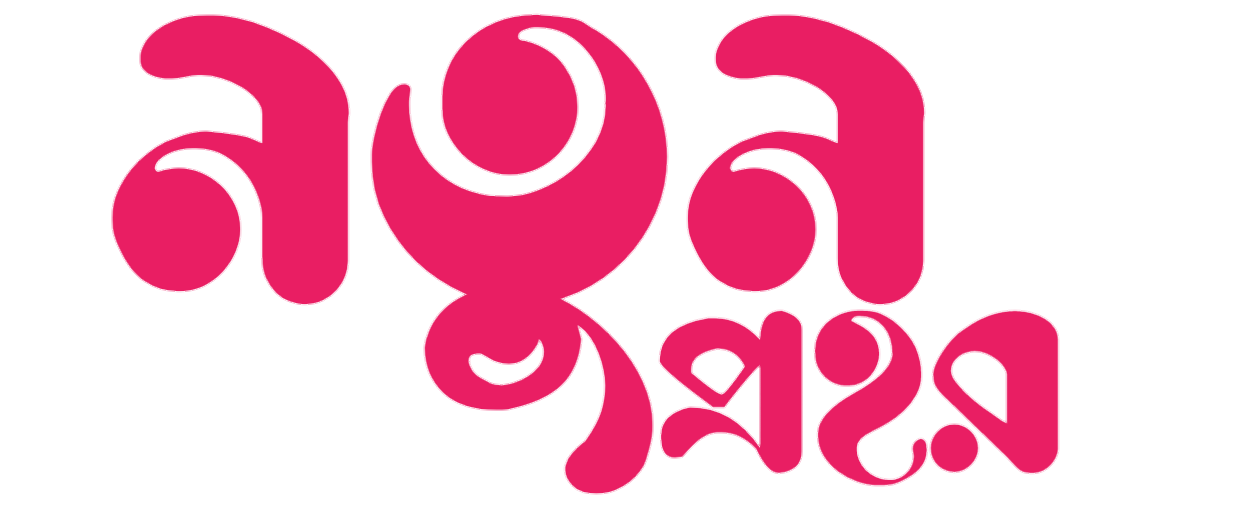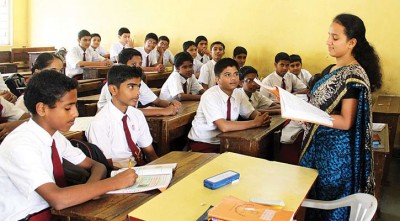Almost all developing countries, including Bangladesh, have some common features of budgets, such as the increase in the prices of daily necessities before the budget is even announced, and this time too was no exception. The price of oil has already increased by 9 to 11 taka per liter, the price of rice, potatoes and onions has increased. The direct beneficiaries of the government, from the field level to the policy-making level, take out processions immediately after the budget is announced, and they will continue to advertise in all the media for months that this is a public welfare-oriented budget, this is the best budget of all time, etc. But the reality is that two things are added to deceive the people in two places. One of them is that money from several sectors is pooled together and it is said that the highest allocation is for the education sector. The second is that the price of such and such items will decrease. The price of any item has not decreased since the budget.
The country is reeling under the typhoid of Corona. The country's education system is shaking violently under that typhoid. The salaries and allowances of more than 1 million teachers and employees have been stopped. Many have become unemployed and many have been employed in professions that are not in line with their social status. Taxes have been imposed on private colleges, medical colleges and private universities. They will have to pay 15 percent tax on their income. The number of private higher educational institutions is increasing day by day. For example, the number of private universities is 148, so it is important to control the establishment of universities here and there and for political considerations, so that the quality of education does not increase, or education is of no use. Instead of establishing low-quality private medical colleges and universities there and giving political figures and Raghav Boals an opportunity for corruption, a budget is needed to introduce state-of-the-art evaluation systems and teaching methods so that quality is achieved in all fields. We did not see any mention of that in this budget, but rather we saw an announcement to collect taxes from private higher educational institutions. This is a strategy of commercialization without considering the quality of education!
Despite English being the mother tongue, great importance is given to learning English by students in the United States, and at the same time, great importance is given to improving English skills in China, Japan, and Korea, although these countries are almost completely self-sufficient. And we are dependent on the outside world in almost every aspect, so it is necessary to take measures to teach a foreign language effectively in international communication. We must teach our mother tongue correctly, and at the same time, we must give special importance to English because it is a major tool for earning foreign currency. Special importance must be given to teaching foreign languages to unskilled workers in our country who work in the Middle East and other countries, and this cannot be confused or avoided. We are teaching English as a compulsory subject from first grade to higher secondary, which is completely traditional. Students are not learning the language in it, they are studying English as a subject as they have to pass the exam, which is not useful in earning foreign currency or pursuing higher education. If this is not possible for the government alone, then a national committee needs to be formed to see how it can be done at the private level, through public and private universities. In the 2021-22 fiscal year, an allocation of Tk 26,311 crore has been proposed for primary and mass education, which was Tk 24,937 crore last year. An allocation of Tk 36,48 crore has been proposed for secondary education, which was Tk 33,118 crore. Tk 9,154 crore for technical and madrasa education, and last year it was Tk 8,345 crore. The development expenditure of the Ministry of Primary and Mass Education has been estimated at Tk 8,222 crore, the rest is operating expenditure, and the development expenditure of the secondary and higher education department has been estimated at Tk 14,320 crore, the rest is operating expenditure. Tk 2,310 crore has been proposed for development expenditure in technical and madrasa education, the rest is operating expenditure. Two-thirds of the allocation every year in the education sector is spent on paying salaries and allowances to teachers and employees. This must be done. If teachers and employees do not get paid, how will they concentrate on the noble work of teaching? The sectors that are now being developed in education are: subject-based, pedagogical and management training for the professional development of teachers. Now training is being done year after year, generation after generation. Training is being provided by Teacher Training Colleges, NAEM and various government projects, along with some private institutions. There is a budget for these trainings, spend it. What worked or not, who needs training, how to select them, these are not considered. There is only a budget, spend it. Even then, the education budget remains. College teachers are appointed through the BCS exam and secondary school teachers through the BCS non-cadre and general exams. When they enter the classroom, they are still students, as a teacher they need to know what the teacher-student relationship should be like in this modern era, how to teach a subject, how to manage classrooms, how to manage difficult students, etc. They are sent directly to the classroom without being trained on these topics. There should be a mention of the issue so that basic training is completed on time, so that there is no budget deficit here. We know that there are thousands of teachers who have not received any basic training. Many teachers who are retiring are also called for training. Training should not only be provided in institutions such as TTC or NAEM, because the classrooms where teachers receive training at training centers are completely different from those where they receive it. As a result, most of the training is not useful.
In the 2021-22 fiscal year, an allocation of Tk 26,311 crore has been proposed for primary and mass education, which was Tk 24,937 crore last year. An allocation of Tk 36,48 crore has been proposed for secondary education, which was Tk 33,118 crore. Tk 9,154 crore for technical and madrasa education, and last year it was Tk 8,345 crore. The development expenditure of the Ministry of Primary and Mass Education has been estimated at Tk 8,222 crore, the rest is operating expenditure, and the development expenditure of the secondary and higher education department has been estimated at Tk 14,320 crore, the rest is operating expenditure. Tk 2,310 crore has been proposed for development expenditure in technical and madrasa education, the rest is operating expenditure. Two-thirds of the allocation every year in the education sector is spent on paying salaries and allowances to teachers and employees. This must be done. If teachers and employees do not get paid, how will they concentrate on the noble work of teaching? The sectors that are now being developed in education are: subject-based, pedagogical and management training for the professional development of teachers. Now training is being done year after year, generation after generation. Training is being provided by Teacher Training Colleges, NAEM and various government projects, along with some private institutions. There is a budget for these trainings, spend it. What worked or not, who needs training, how to select them, these are not considered. There is only a budget, spend it. Even then, the education budget remains. College teachers are appointed through the BCS exam and secondary school teachers through the BCS non-cadre and general exams. When they enter the classroom, they are still students, as a teacher they need to know what the teacher-student relationship should be like in this modern era, how to teach a subject, how to manage classrooms, how to manage difficult students, etc. They are sent directly to the classroom without being trained on these topics. There should be a mention of the issue so that basic training is completed on time, so that there is no budget deficit here. We know that there are thousands of teachers who have not received any basic training. Many teachers who are retiring are also called for training. Training should not only be provided in institutions such as TTC or NAEM, because the classrooms where teachers receive training at training centers are completely different from those where they receive it. As a result, most of the training is not useful.







